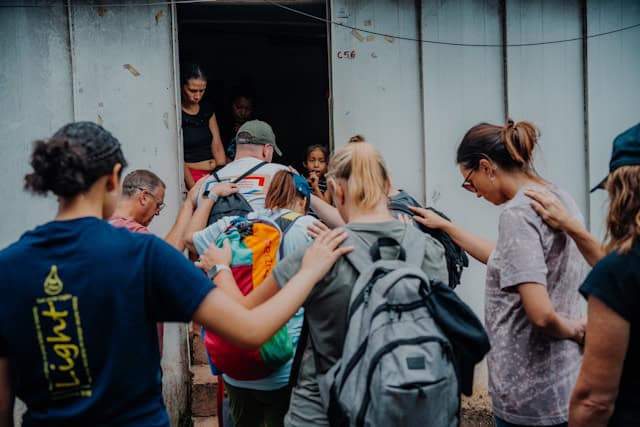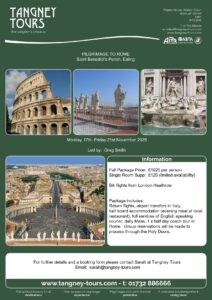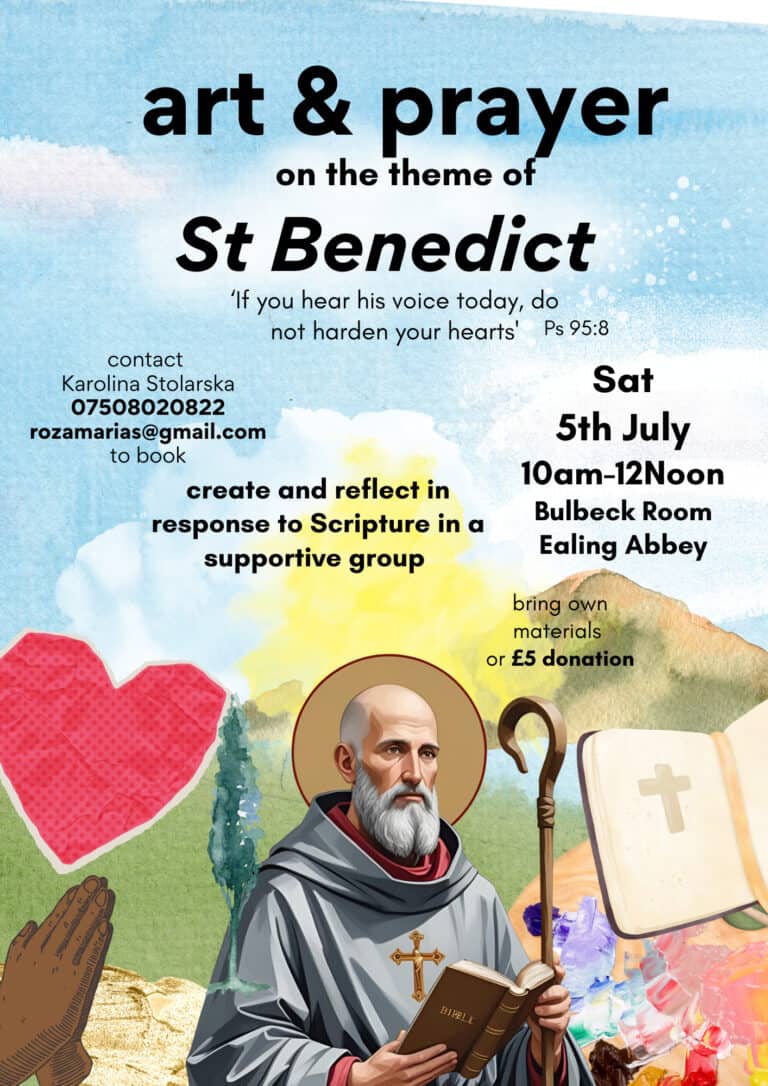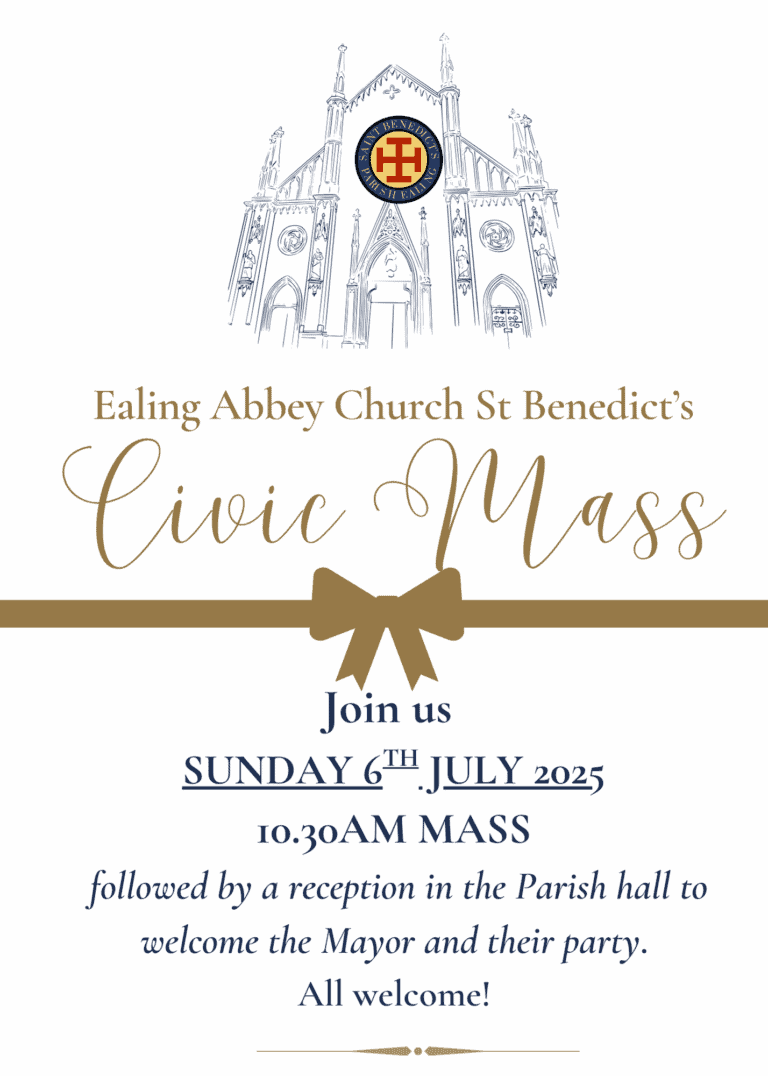Dear Parishioner,
I found the reading this Sunday from Amos thought provoking, but I needed to read around the story to better understand the context. I thought I’d share with you what I took away from my exploration.
Towards the middle of the eight century BC, God calls Amos, who was a shepherd from Tekoa. His little village is located about ten miles south of Jerusalem in the southern kingdom of Judah. God takes him from his flock and sends him to the neighbouring land, to prophesise to the northern kingdom of Israel during the reign of Jeroboam II. Under Jeroboam II Israel had become rich, had expanded its territories and there was a feeling of great national pride. The people interpreted this prosperity as a reward from God. They concluded that in being God’s chosen people this assured them of divine favour. Consequently, their spiritual life decayed into a mire of complacency, with the people neglecting their faith and failing to live as God intended. The rich got richer, and the poor got poorer.
Amos travelled throughout the cities, denouncing the social injustices, discrimination and the oppression of the poor. He said “Yahweh says this… I will not relent; they sell the just for money and the needy for a pair of sandals; they tread on the head of the poor and trample them upon the dust of the earth.” (Amos 2:5-7)
And this is the background that drives Amaziah, the priest of Bethel, to report that Amos was against the king, the land and the sanctuary of God. In our reading Amaziah says “Go away, seer; get back to the land of Judah; earn your bread there, do your prophesying there.” Amos then presents his credentials as a true prophet of God. He was only a herdsman and looked after sycamore trees. But God had called him to be a prophet.
Amos exhorted the people to repent, to return to God, and to obey the divine word. If they did this, they would be saved. If they did not, then Israel could expect divine judgement.
My takeaway from all of this was Amos’ strong social justice message. It forces us modern day readers to look differently at ourselves and our own society. Amos is challenging and unyielding in his demand for radical conversion. Maybe if our society looked into a mirror, especially if the mirror is constructed around the words of Amos, it would not like what it sees.
Yours in Christ,
Deacon Ian





